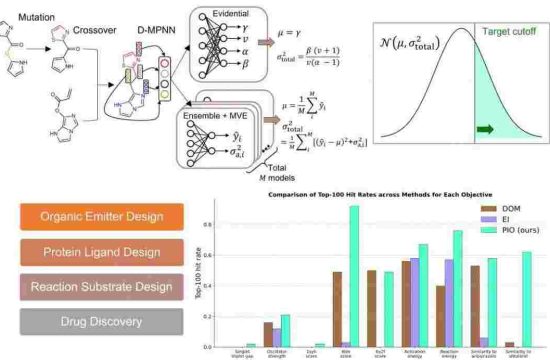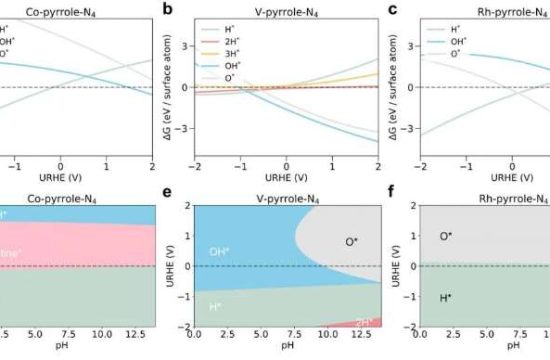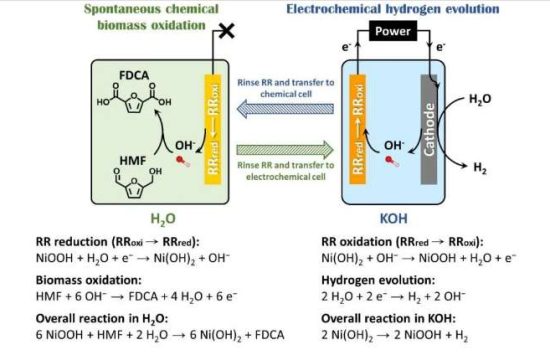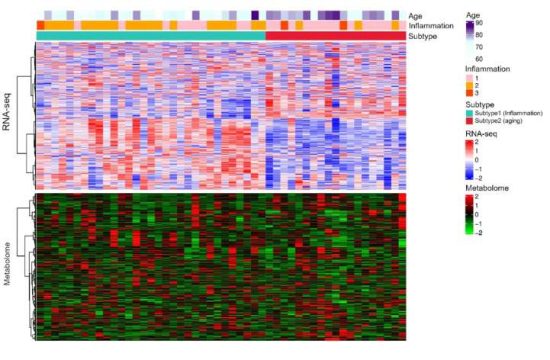 Researchers from the Intermountain Medical Center Transplant Program found that liver transplant patients taking everolimus (Afinitor) gained less weight – and kept it off at one and two years after starting the drug—than patients taking tacrolimus, a commonly prescribed immunosuppressant drug. Patients must take such anti-rejection drugs post transplantation to prevent their immune systems from attacking and destroying the transplanted organ.
Researchers from the Intermountain Medical Center Transplant Program found that liver transplant patients taking everolimus (Afinitor) gained less weight – and kept it off at one and two years after starting the drug—than patients taking tacrolimus, a commonly prescribed immunosuppressant drug. Patients must take such anti-rejection drugs post transplantation to prevent their immune systems from attacking and destroying the transplanted organ.
“About 90% of transplant patients in the U.S. receive tacrolimus, which is an excellent drug, but it’s a little bit hard on the kidneys and it gets harder over the course of time and the more that you’re exposed to,” said Michael M. Charlton, M.D., from the Intermountain Medical Center Transplant Program, in an interview with Drug Discovery.
His team compared everolimus, which has already been shown to be gentler on the kidneys, to tacrolimus to see if it had an effect on weight gain.
Their findings were presented at the American Transplant Congress in Chicago on Tuesday, May 2.
Anti-rejection drugs and weight gain
The randomized, international multi-center study of more than 700 patients was led by researchers from the Intermountain Medical Center Transplant Program in Salt Lake City and included researchers from Northwestern University, Novartis Pharmaceuticals Corp., and Mayo Clinic.
In the study, a total of 719 patients between 25 and 35 days post liver transplant were randomized into three study arms. The first group of 245 patients received everolimus and a reduced dose of tacrolimus; the second group of 243 patients received the usual dose of tacrolimus and served as the control group; and the third group of 231 patients were prescribed only everolimus to suppress their immune systems.
Everolimus was associated with improved kidney function in patients who were randomly assigned to receive the study drug compared to the other two arms. In addition, researchers found that transplant patients taking everolimus gained less weight – and kept it off at one and two years after starting the drug.
In fact, the two everoliumus groups gained about ten pounds less than patients in the other arm.
“The main finding is that if you use everolimus you can reduce or avoid tacrolimus use, therefore sparing the kidneys injury in at least the medium term,” said Charlton. “The second unexpected finding was that the drug was associated with significantly less weight gain in patients who were randomly assigned to receive it.”
The worry over weight gain
Organ rejection used to be the most common or one of the most common cause of death in patients undergoing liver transplantation. Now, rejection is much less common and it’s even less likely as the cause of death.
“When it does occur we can almost always reverse it,” said Charlton, “Patients who get a single episode of rejection actually tend to do better in terms of the patient’s overall survival in the longer term.”
While organ rejection isn’t feared as it was in the past, the worry now is weight gain—and its complications.
Weight gain after liver transplantation can lead to serious complications and increase the risk of post-transplant metabolic syndrome, cardiovascular events, and kidney failure, according to the researchers.
Post-transplant metabolic syndrome can include diabetes, obesity, high blood pressure, and abnormal fat and cholesterol blood levels, which can cause heart disease and related adverse events such as heart attack and stroke.
The most common, or the second most common indication of transplants now is liver failure related to being overweight, or fatty liver disease, according to Charlton.
“So any tools that we have that might make it less likely that that’s a problem in the new liver I think are encouraging,” he said. “The hope now is that as we move forward and we get longer term outcomes we will be looking closely to see if those events associated with weight are less in patients receiving everolimus,” said Charlton. “Less weight gain should result in less complications from weight gain.”








